Quick Links
Civilization 7 features a three-age system, which divides the game between the Antiquity, Exploration, and Modern Ages. At the conclusion of those first two, you switch civilizations while keeping your leader; in order to facilitate a high-drama, gameplay-intensive, transitionary stage, you’ll encounter a crisis starting at the 70 percent mark and intensifying twice along the way.
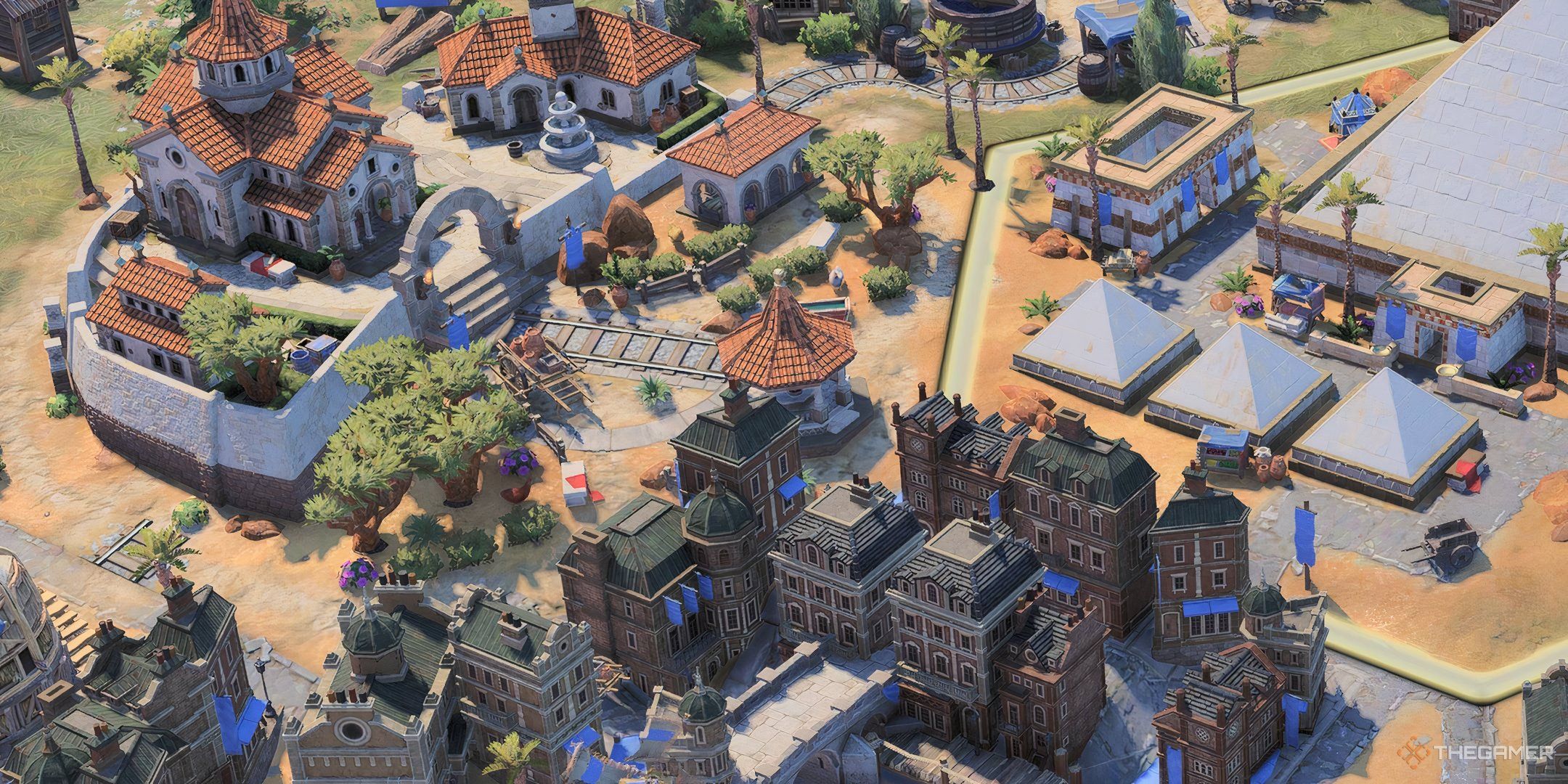
Related
Civilization 7: All Victory Conditions, Explained
Chart your course to victory in Civilization 7… so long as you know how.
There are three possible crises for each of these eras, and the ones you’ll get are randomly selected. Thus, it’s important that you steel your mettle for them all. It helps, then, to know what you’re possibly getting yourself into – that’s where our guide comes in.
Can You Disable Civ 7’s Crisis Mechanic?
You sure can. You can disable the crisis system entirely if it doesn’t suit your fancy, or you’d simply prefer a more laid-back replay. This must be done when creating a new game; it’s a togglable feature in the Advanced Options sub-menu.
We recommend doing so at least once, as its omission makes for a different late-age vibe, with rival civs still warring, and great works still roaring ahead. It’s not that we dislike the crisis system, but it does get tiring after a while.
Antiquity Age Crises
Your trio of potential crises in the Antiquity Age are:
Plague
In our minds, the Antiquity Age plague crisis is the worst of them all. It’s impossible to prevent its spread in any real manner, and it’ll result in guaranteed total productivity loss for any infected settlements for several turns. It’s bad. It’s very, very bad.
The best thing you can hope for, as morose as it feels to type this, is for the plague to infect your rivals as well. Thankfully, it likely will. It spreads like wildfire by the third and final crisis point (these always occur at 70/80/90 percent intervals in Age Progress).
Regardless, you’ll want to move all your units out of settlements – both rural and urban – as soon as the settlements become infected. Otherwise, there’s a high chance that you’ll lose units to the plague, which will make any ongoing wars all the more untenable.
Keep your Happiness stat as high as possible. Your people will, unsurprisingly, be rather upset that they’re dying to some unseen form of what must surely be divine punishment.
Revolt
Revolts are nowhere near as brutal as the plague, but still plenty bad in their own right. Your settlements will grow increasingly unhappy, so as with that first-mentioned crisis, it’s imperative that you maximize your Happiness yields in any way possible.
In fact, since this is the very crux of the revolt mechanic, and given that it’s more controllable than the plague, you have every incentive to refocus your efforts on maintaining a content population as soon as the crisis is announced.
Due to the possibility of the revolt crisis, it’s critical that you do not go over your settlement cap throughout the Antiquity Age unless absolutely necessary. Remember that you face a punishing Happiness penalty for every settlement over the limit.
The “nice” thing about revolts is that you can tailor their impact to suit your situation. That is to say, the Crisis Policy Cards to choose between can let you deflect the brunt of the impact to towns, to cities, to your capital, to settlements you founded, to settlements you didn’t found, and so forth.
If you’re playing a peace-loving civ, tap the Policy Card that affects conquered settlements, of which you’ll have few, if any. If you’re more of a warmonger, and thus, you’ve personally founded few portions of your empire? Do the opposite.
Invasion
As Antiquity Age crises go, invasion is arguably the easiest to counteract. During an invasion crisis, hostile new independent powers will spring up in the spaces between everyone’s empires, and they’ll return at each crisis point, growing stronger every time.
Unless you have a shockingly weak military, this truly isn’t so bad. (On the highest difficulty levels, opponents’ combat modifiers will make it worse, but then, everything’s “worse” on higher difficulty levels.) Maintain a few military units throughout the age to ensure swift destruction of these upstart tribes.
Civilization 7’s AI has a tendency to settle anywhere and everywhere, so unless you’re playing modded maps of substantial size, you probably won’t have to deal with many of these independent powers, as there simply will not be much land for them to spawn on.
You should treat these events as missable Army Commander EXP. Not to mention, you’ll get strong yields from dispersing the powers, just as you would with any other. Rush toward them each time they reappear within reach to prevent other civs from reaping the rewards.
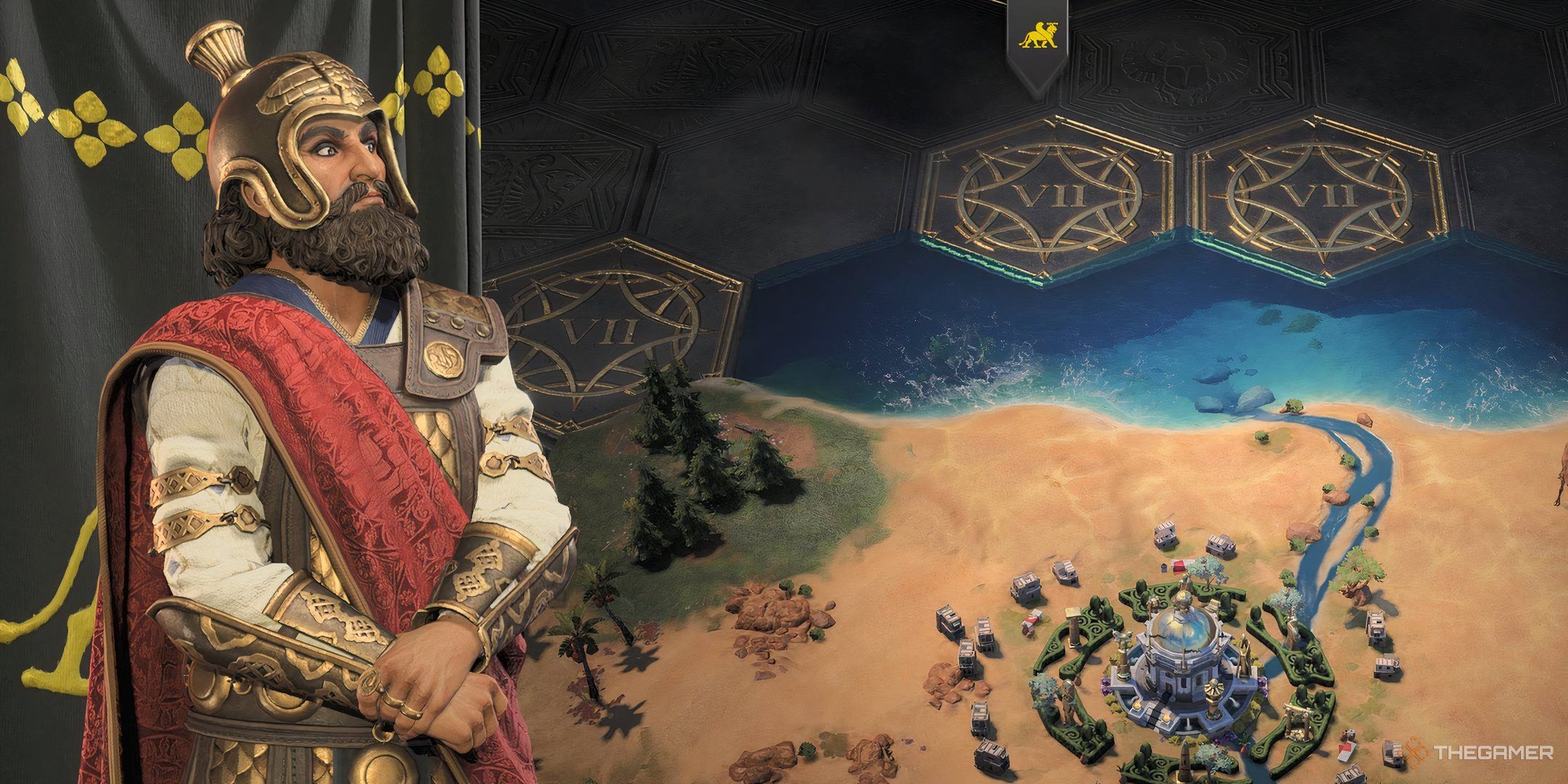
Related
Exploration Age Crises
Two return (one with a brand-new name but more or less the same deal) and another enters the fray for the first time. In the Exploration Age, you’ll contend with one of the following:
- Plague
- Revolution
- Wars of Religion
Plague
The plague is still pretty dreadful even in the Exploration Age, as it harbors an equally potent potential to wreck your civilization. In fact, it seems to spread even more rapidly.
But it’s nowhere near as unstoppable, thanks to the emergence of an Exploration Age civilian unit: the Physician. You can train these to mitigate the damage; you won’t stop its spread, but it’s something of a buffer against the worst possible circumstances.
Furthermore, as your civilization is more cultured now (or something), you have varied ways of handling the penalties to Happiness. You might station commanders through the Prosecute Apostates Crisis Policy Card, or take a Gold reduction rather than a Happiness shot.
As with the Antiquity Age’s version, keep your units wayward of rural and urban tiles within infected settlements.
In our playthroughs, we’ve typically had a higher chance of being at war late in the Exploration Age than in more ancient times, so if that holds true for you as well, it’s all the more vital that you make sure not to lose your defense force.
Revolution
The revolution is, to some extent, a redress of the Antiquity Age’s revolts. But it’s more fun – insofar as crises can be made “fun”, as there are more dynamic Crisis Policy Card options this time around.
What you’re dealing with here, rather than specifically a Happiness-related dilemma, is the potential for every yield to be reduced. This invites a host of issues, of course, but it’s also less focused on just the one stat, meaning the overall effect can feel somewhat diminished.
As with the other Exploration Age crises, you have a wider range of ways to help halt the damage here.
Wars Of Religion
The wars of religion crisis is, honestly, pretty cool. It’s the one time in Civ 7 when the Exploration-exclusive Religion mechanic feels completely impactful, as you will gain bonuses against the crisis dependent upon whether you have plenty of converted cities within your empire, or many separate religions vying for your population.
That last part is what’s so nifty about this because if you choose not to micromanage all the religious conversions of rival civs’ missionaries, you can actually choose Crisis Policy Cards which thrive on multi-religious coexistence.
Conversely, if you have chosen to reap the rewards of spreading your religion, you can gain more from that instead.
The key, then, is to begin the Exploration Age with a clear path in mind. Think carefully about what your Legacy Path goals are going to be, and either rigorously defend your faith within your borders, or make sure you’ve got all sorts of zeal going on – AKA, don’t do much of anything.
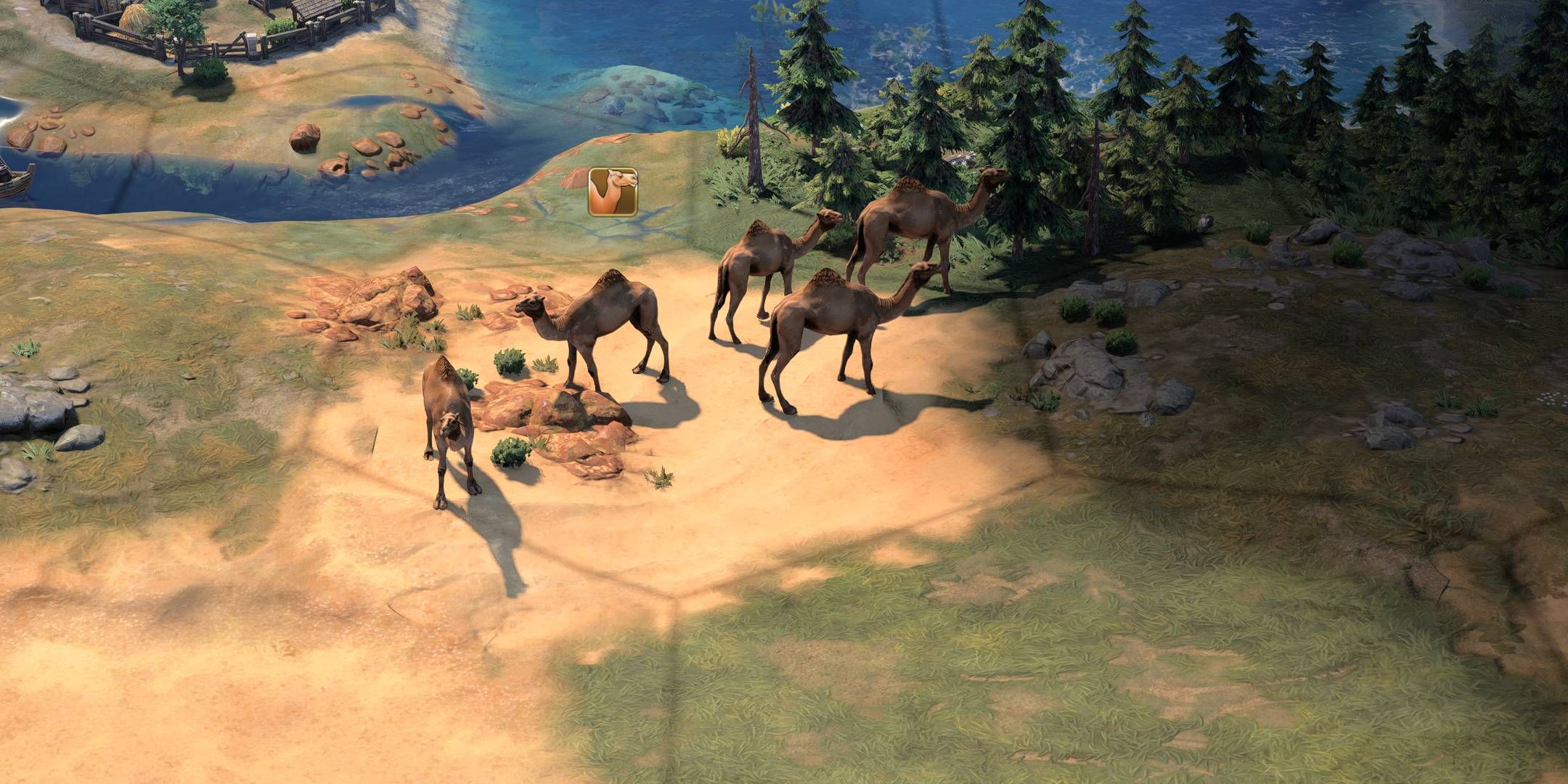
Next
Civilization 7: Distant Lands Guide
Civilization 7 tosses the term “Distant Lands” at you fairly frequently by the time you reach the Exploration Age. But, uh, what are they?



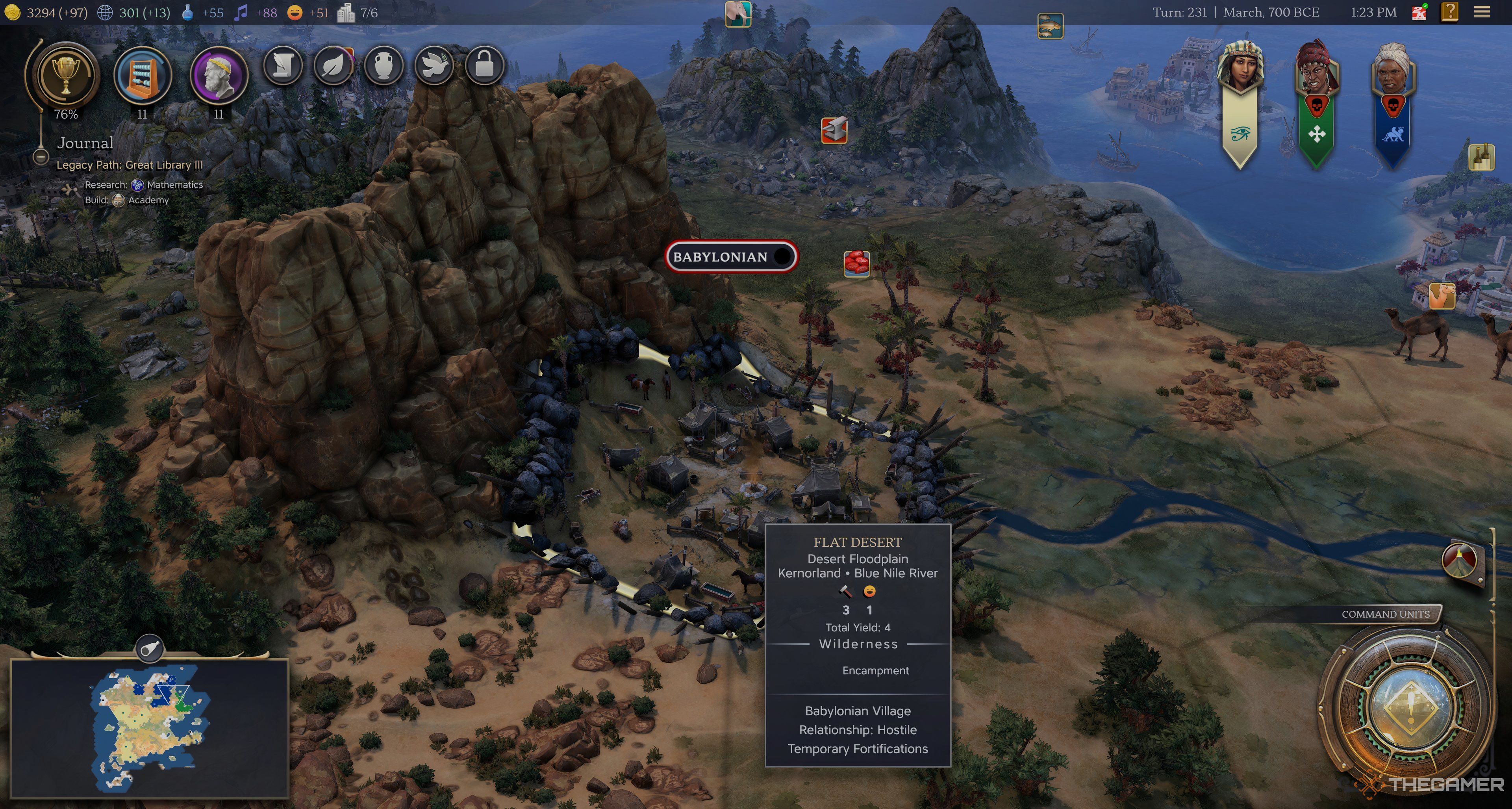
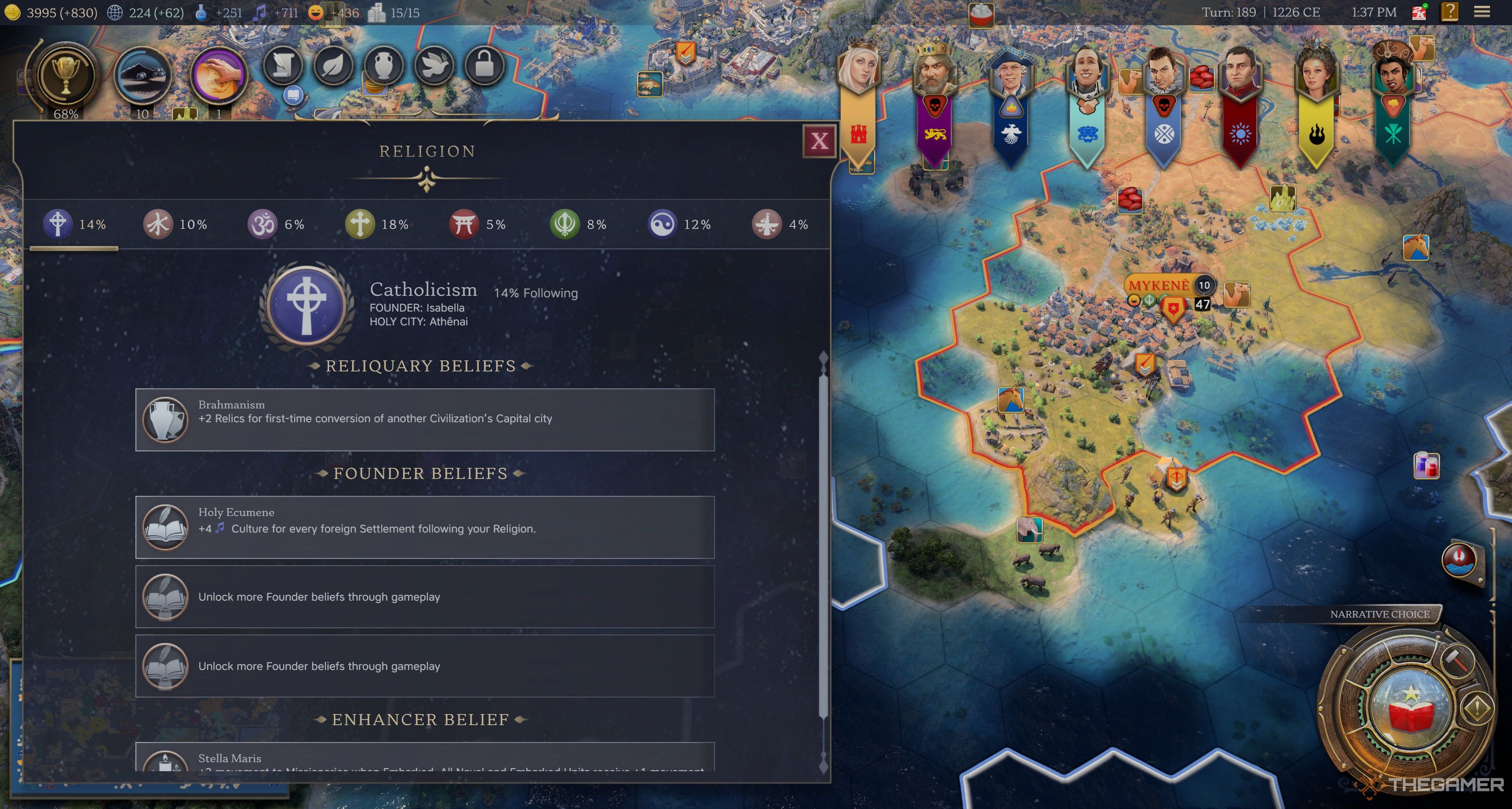










Leave a Reply